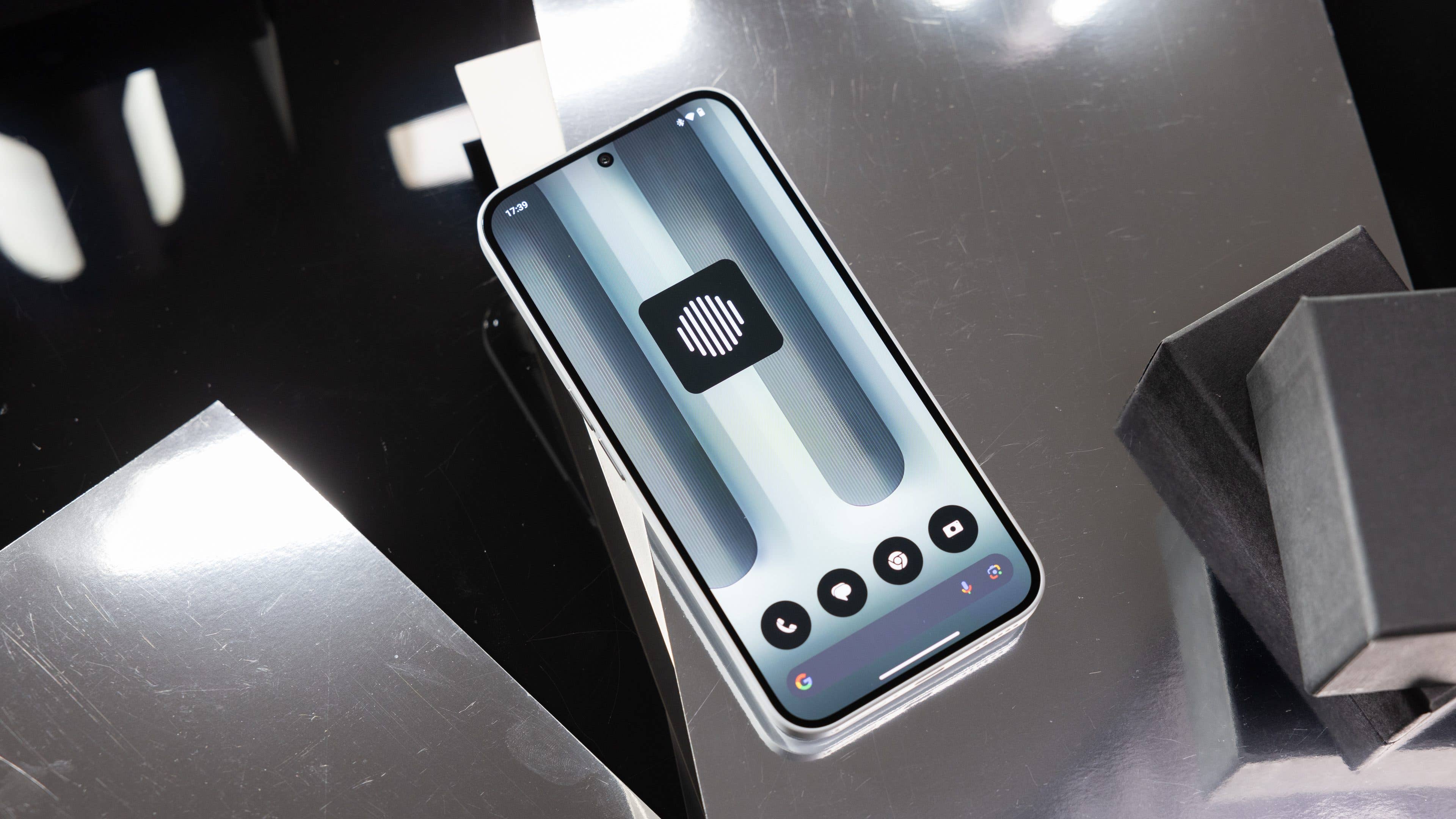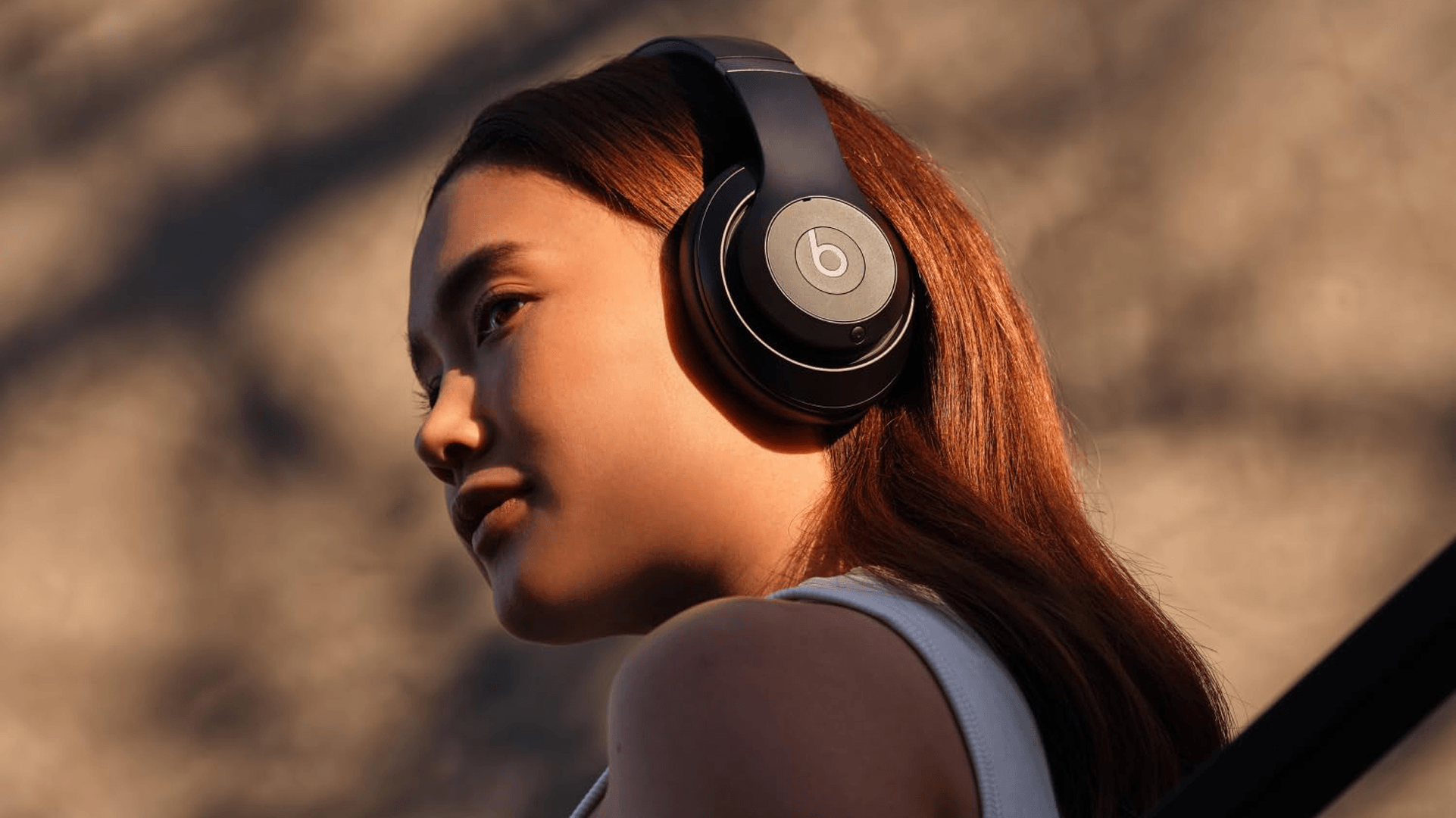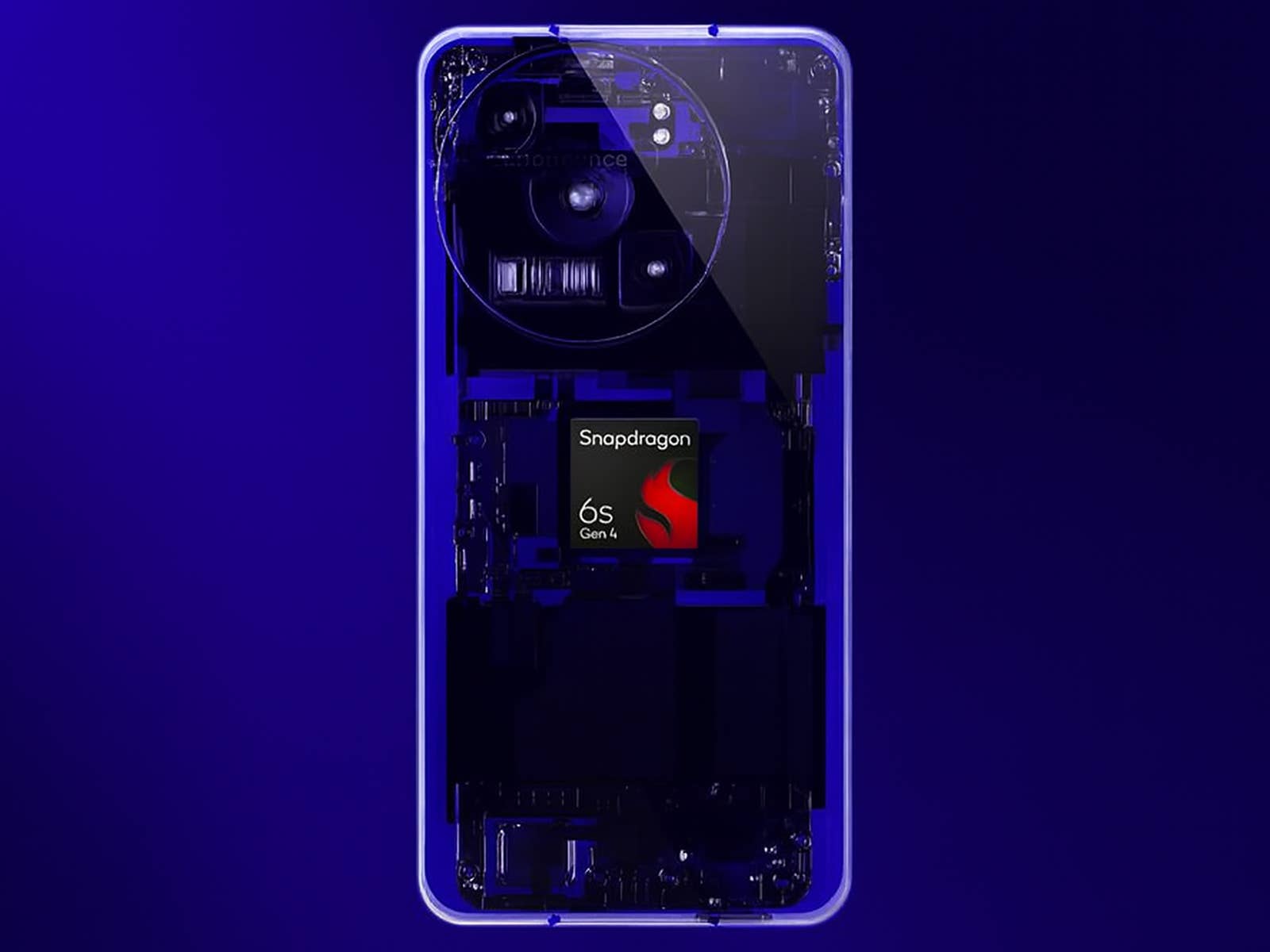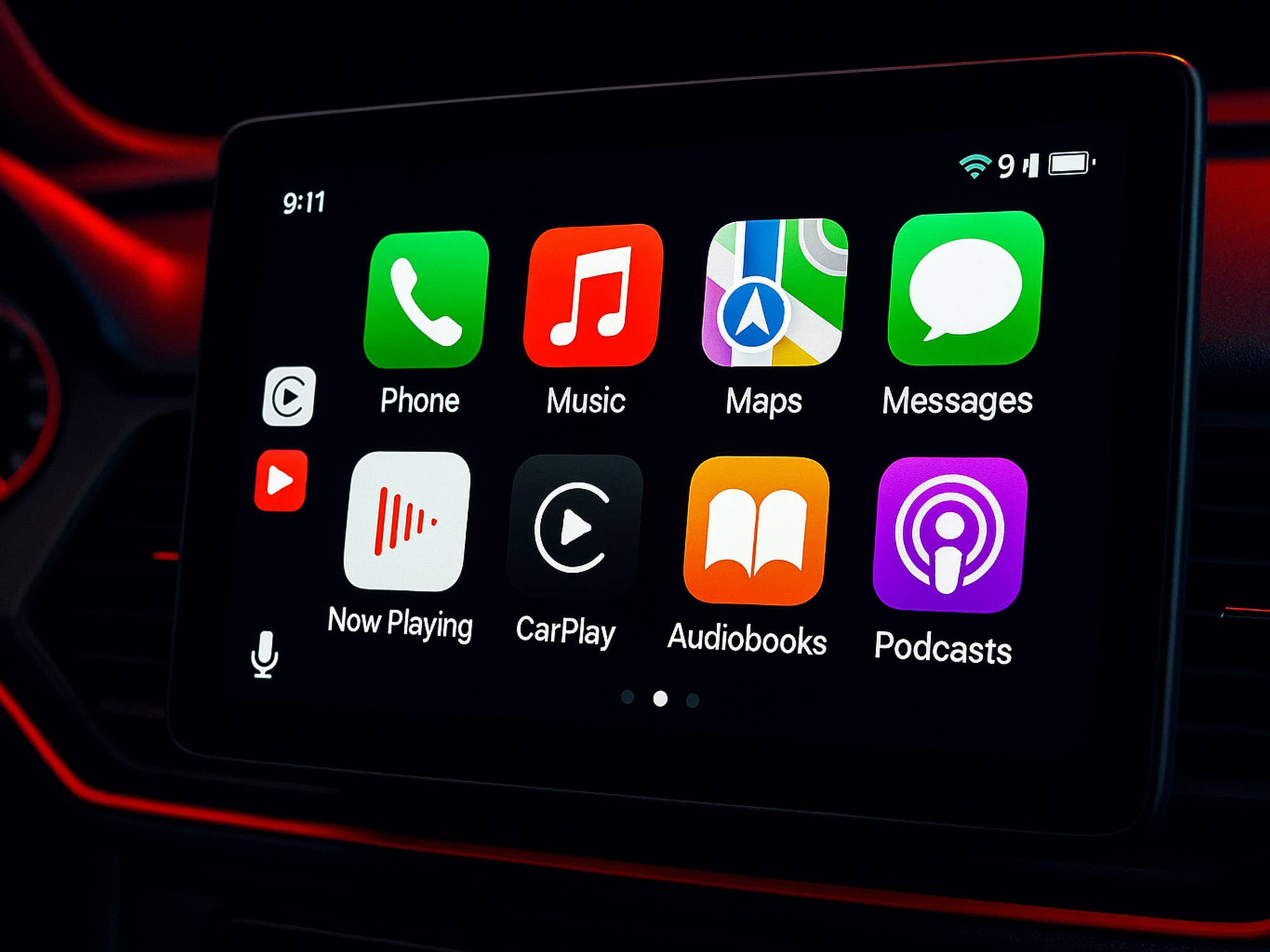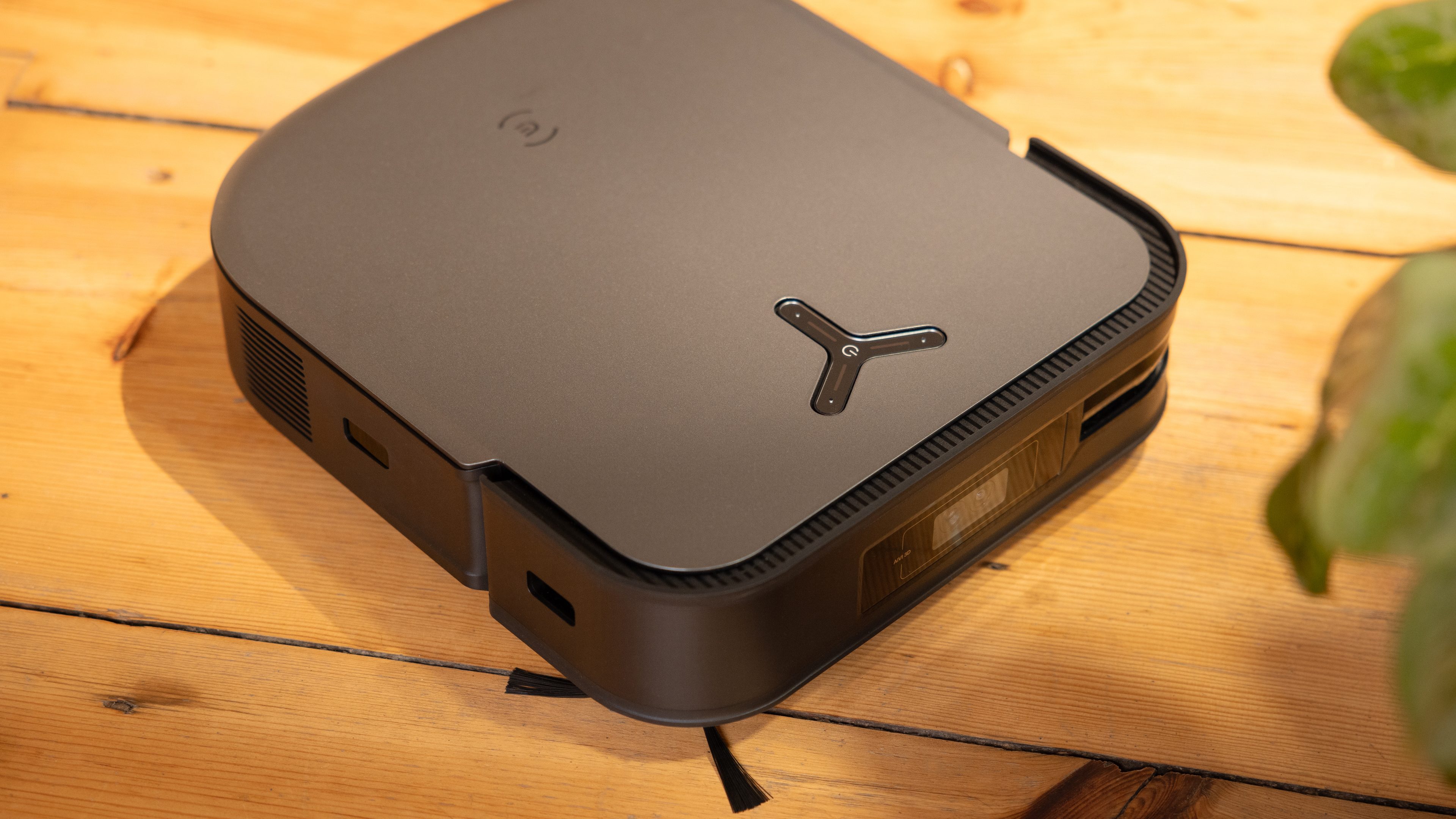
The increasing networking of household appliances not only brings convenience to our everyday lives but also raises serious security issues. In the latest case, the Chinese manufacturer Ecovacs, known for its robot vacuums, has revealed a serious security vulnerability that allows attackers to access the integrated cameras and microphones. These findings, presented by security-focused researchers at a specialist conference, have caused quite a stir and could have far-reaching implications for users. Here we take a look at the situation and the appropriate measures.
The vulnerability in detail
The investigation by Dennis Giese and Braelynn shows that the Bluetooth connection of Ecovacs’ vacuum robots is a significant vulnerability. Researchers can connect to the device within a Bluetooth range of about 130 meters and take control of the camera and microphone. The vulnerable system makes it possible to infiltrate almost all current models as well as related devices such as air purifiers, which raises the question of whether our private spaces are actually still private.
- Affected models: Vulnerable models include the Ecovacs Deebot 900 series, N8/T8, N9/T9, N10/T10, X1, T20, X2, Goat G1 and Airbot Z1.
- No physical warning system: Many of the affected robots are missing indicators, such as an LED display that signals when the camera is active.
- Insufficient response from the manufacturer: Despite requests from the researchers, Ecovacs has not yet issued a statement on the security vulnerability.
The implications for the consumer
At a time when data protection and digital security are increasingly taking center stage, the question arises as to how users are affected by the latest developments. The possibility that third parties could gain access to the data on these devices is alarming. If you own one of the affected Ecovacs vacuum robots, your private pictures and conversations could potentially be intercepted by attackers.
The researchers’ findings suggest that the security of personal data in the cloud is also questionable at best. Data and authentication remain stored in the system even after an account is closed, which poses potential risks, especially when reselling devices.
Risk mitigation strategies
There are currently only limited options for affected users:
- Check for updates: Stay informed about updates from Ecovacs. A software update could potentially fix security issues.
- Rethink purchasing decisions: In light of the current security vulnerabilities, consumers should refrain from (or delay) purchasing these robovacs, especially if privacy is a priority.
- Consider alternative models: The cheaper Ecovacs Deebot 500 or U2 series are more secure as they are not equipped with microphones or cameras.
Conclusion: A call for vigilance
While connected devices offer numerous conveniences, this incident is a stark reminder of the importance of paying attention to security aspects when choosing smart home technologies. The developments surrounding Ecovacs’ robot vacuums could be a wake-up call for the industry, as trust in manufacturers is at stake. Whether you opt for new devices or continue to use your existing technologies remains a personal consideration—but let’s look at safety together. It’s the price of convenience that we should keep in mind.



